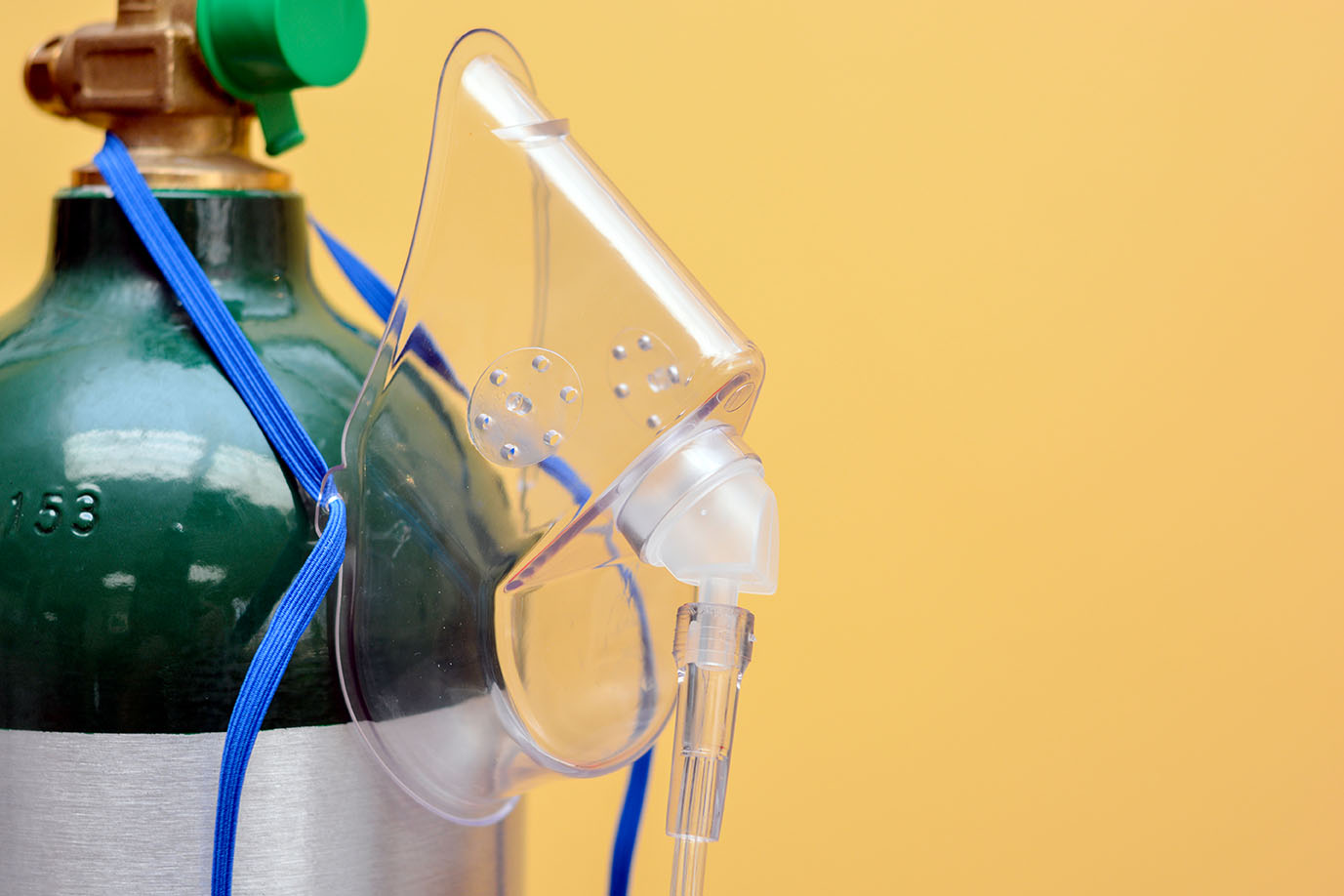

Oxygen is a chemical element with the symbol O and atomic number 8. It is the third most abundant element in the universe, after hydrogen and helium. Oxygen is also the most abundant element in the Earth's atmosphere, making up about 21% of the air.
Oxygen is a gas at room temperature and pressure. It is colourless, odourless, and tasteless. Oxygen is a very reactive element, and it can combine with many other elements to form compounds.
Oxygen is essential for life. It is used in the process of cellular respiration, which is how cells produce energy. Oxygen is also used in the process of photosynthesis, which is how plants produce food.
Here are some of the properties of oxygen:
Oxygen is an essential element for life, and it plays a vital role in many chemical reactions. It is a fascinating and important element, and it is sure to continue to be studied and explored for many years to come.
Oxygen is a gas at room temperature and pressure.

Noun: A chemical element with the symbol O and atomic number 8. It is the most abundant element in the Earth's atmosphere.
Adjective: Relating to oxygen.
The word "oxygen" comes from the Greek words "oxys" (acid) and "gen" (producer).
The word "oxygen" was first used in English in 1774 by the English chemist Joseph Priestley.
Why is oxygen important?
Question:
Describe the role of oxygen in supporting combustion and respiration, and explain its importance in maintaining life on Earth. Provide a specific example of an oxygen-related process in nature.
Answer:
Oxygen plays a crucial role in supporting combustion and respiration, making it essential for life on Earth. In combustion, oxygen acts as an oxidizing agent, reacting with fuel to release energy in the form of heat and light. This is why fires and many forms of energy production require oxygen.
In respiration, oxygen is a critical component of aerobic organisms. During cellular respiration, glucose molecules are broken down in the presence of oxygen to release energy for various cellular activities. This process not only provides energy but also results in the production of carbon dioxide, which is then expelled from the body.
Oxygen's significance extends to maintaining life on Earth as it's a vital component of the atmosphere. Aerobic organisms, from microscopic bacteria to large animals, rely on oxygen for survival. Additionally, oxygen contributes to the formation of the ozone layer, which protects living organisms from harmful ultraviolet (UV) radiation.
A specific example of oxygen-related processes can be seen in aquatic ecosystems. Oxygen is dissolved in water through processes like diffusion and photosynthesis by aquatic plants. This dissolved oxygen supports aquatic life, like fish, which rely on it for respiration.
Address
Developing Experts Limited
Exchange Street Buildings
35-37 Exchange Street
Norwich
NR2 1DP
UK
Phone
01603 273515
Email
hello@developingexperts.com
Copyright 2025 Developing Experts, All rights reserved.